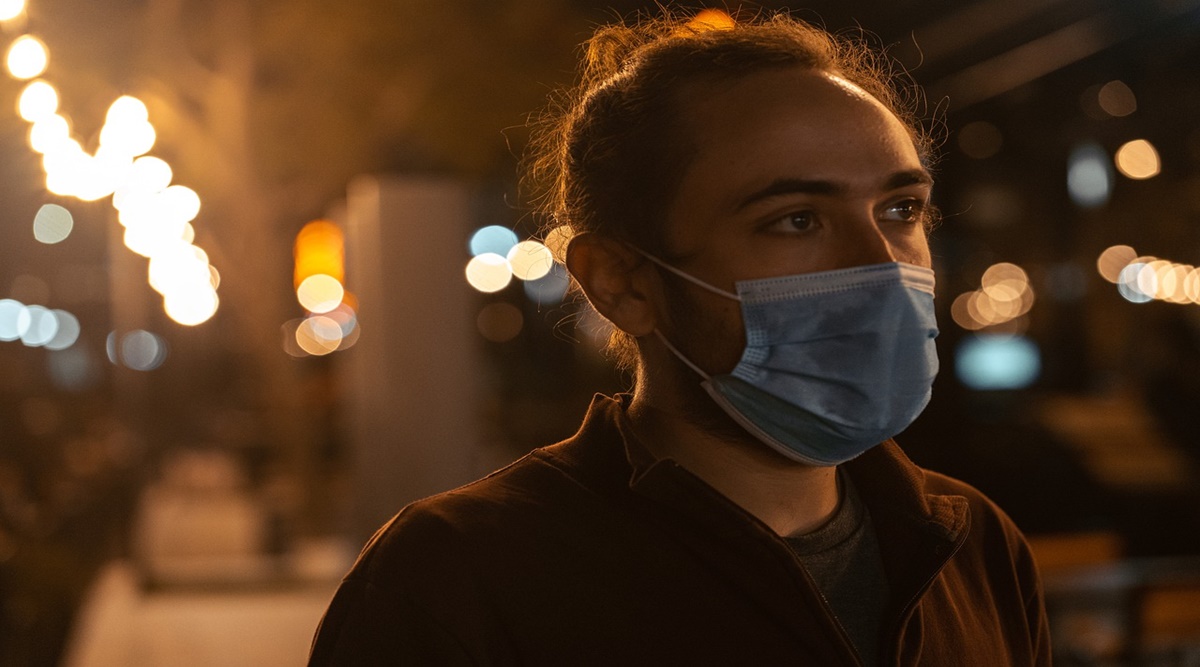 Post COVID-19 recovery of the patient. (source:Pixabay)
Post COVID-19 recovery of the patient. (source:Pixabay) Recovery from COVID-19 can be a long process and an uphill task for many. Managing the body’s immunity levels post-Covid through a nutritionist-recommended diet is necessary to keep other health complications away. This is especially important with the expectation of the third wave hitting us soon. Further, the use of steroids to recover from Covid can cause spikes in blood sugar levels for a few months and this needs to be managed with a diet and expert medical advice.
“The recovery rate of Sars-Cov 2 patients has increased significantly. The data shared by the Ministry of Health and Family Welfare indicates that more than 95 per cent of COVID-19 patients are recovering from the ailment. However, they are not free from the threat of other life-threatening diseases. While there is no substitute for medicines, managing diabetes is possible with diet regulation. It is important for people with diabetes to realign their diet plan after recovering from COVID-19. A balanced diet can help them heal quickly and stay protected from other infections,” said Sujata Sharma, nutritionist & diabetes educator, BeatO.
Breakfast
Breakfast is an essential part of our diet, which should be taken within two hours of waking up, between 8:00-9:00 am. It reinvigorates our body with a fresh stream of energy by restoring glucose levels and reducing stress; hence, we must choose the components meticulously. A diabetes patient recovering from COVID-19 should choose from the following breakfast options: one bowl of oats with skimmed milk (adding berries and nuts is optional) or vegetable besan cheela or vegetable moong dal cheela or two pieces of multigrain dosa and one bowl of quinowa or boiled chana and moong chaat with vegetables or two egg white omelettes. Pairing any of these with buttermilk can complete the breakfast.
Mid-morning snack
The gap between breakfast and lunch must be covered with some nutritious snack (11:30 am). About 100 gm fruits (apple/ guava/ pear/ strawberries/ berries/ papaya/ watermelon) or nuts and seeds are most suitable for a mid-morning snack.
Lunch
As the day progresses, the body needs the energy to continue its functioning. A wholesome lunch fulfils these requirements while providing a break (between 1:30-2:30 pm). An ideal lunch should consist of one plate of salad, one bowl of green vegetable/dal or homemade chicken, low-fat curd or cucumber raita and multigrain chapatti (1-2) or one bowl of brown rice.
Evening snacks
As the day progresses towards dusk (4:30-5:30 pm), it is necessary to restore energy levels. This light snack can consist of tea without sugar/buttermilk or a handful of roasted makhana or chana or roasted/grilled/toasted paneer cubes or fruits 100 gm or chicken soup or multigrain biscuit or yoghurt with berries.
Dinner
Dinner is an important meal, one of the last food items that an individual eats. Ideally, dinner should be consumed between 7:30 to 8:30 pm and should consist of a plate of salad plus one bowl of green vegetable/paneer gravy/homemade chicken/fish gravy plus 50-100 gm of curd plus one bowl of moong dal khichdi/ vegetable oats khichdi or one to two slices of multigrain chapatti/jowar chapatti/bajra chapatti.
Post-dinner snack
The ideal post-dinner snack is a glass of skimmed/toned milk that can be taken if the individual feels hungry.
Following this diet plan, along with medication and physical exercises, can minimise the various health risks for diabetes patients recovering from COVID-19.
- The Indian Express website has been rated GREEN for its credibility and trustworthiness by Newsguard, a global service that rates news sources for their journalistic standards.

